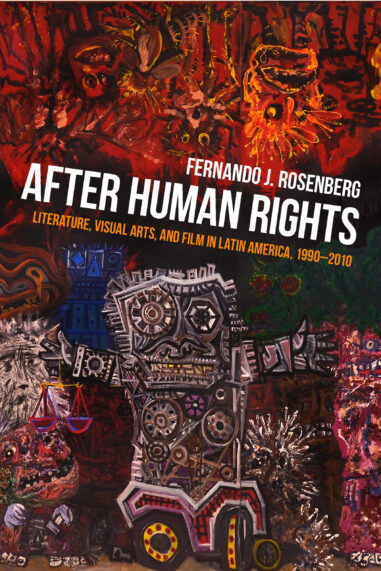Fernando J. Rosenberg explores Latin American artistic production concerned with the possibility of justice after the establishment, rise, and ebb of the human rights narrative around the turn of the last century. Prior to this, key literary and artistic projects articulated Latin American modernity by attempting to address and supplement the state’s inability to embody and enact justice. Rosenberg argues that since the topics of emancipation, identity, and revolution no longer define social concerns, Latin American artistic production is now situated at a point where the logic and conditions of marketization intersect with the notion of rights through which subjects define themselves politically. Rosenberg grounds his study in discussions of literature, film, and visual art (novels of political refoundations, fictions of truth and reconciliation, visual arts based on cases of disappearance, films about police violence, artistic collaborations with police forces, and judicial documentaries). In doing so, he provides a highly original examination of the paradoxical demands on current artistic works to produce both capital value and foster human dignity.



